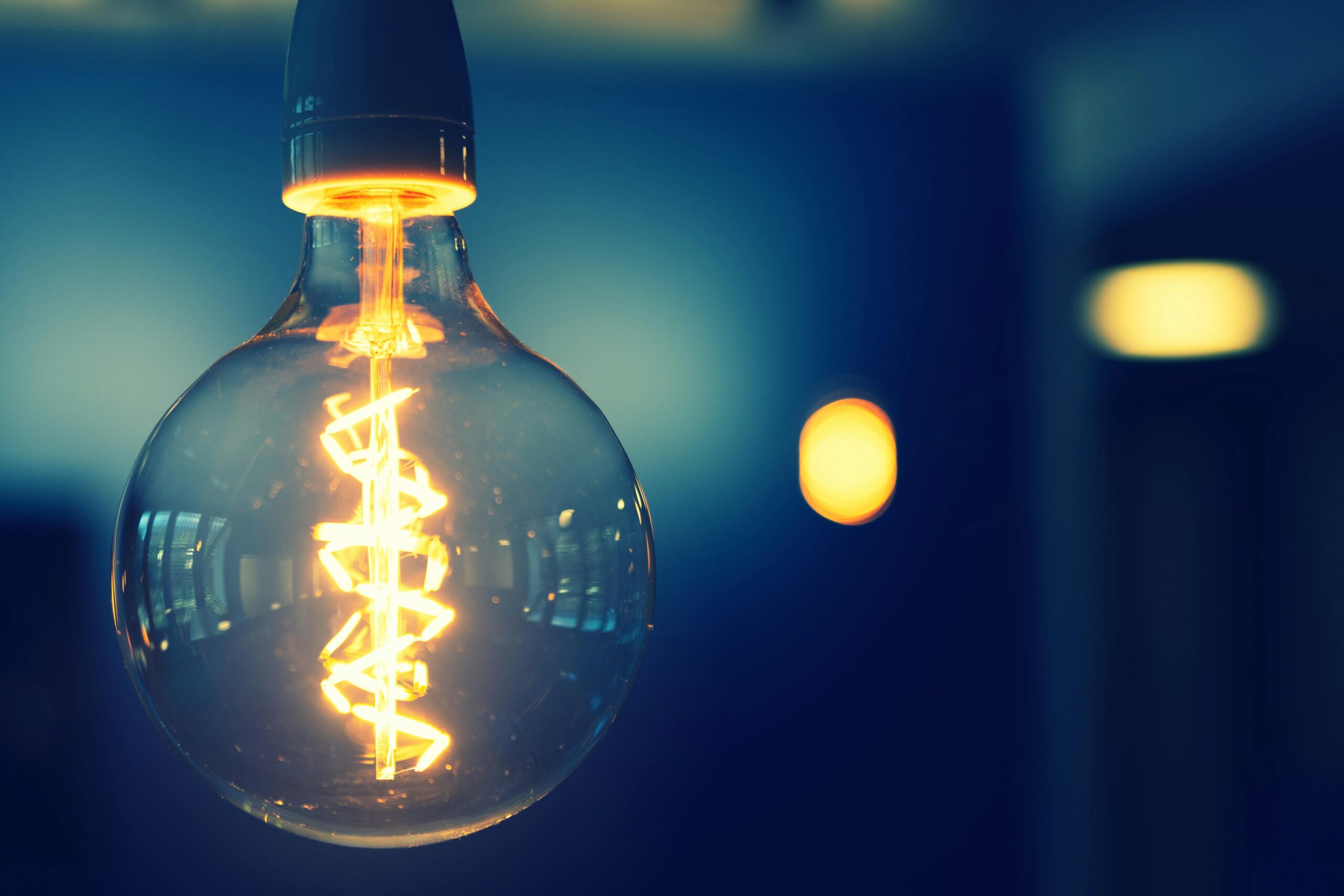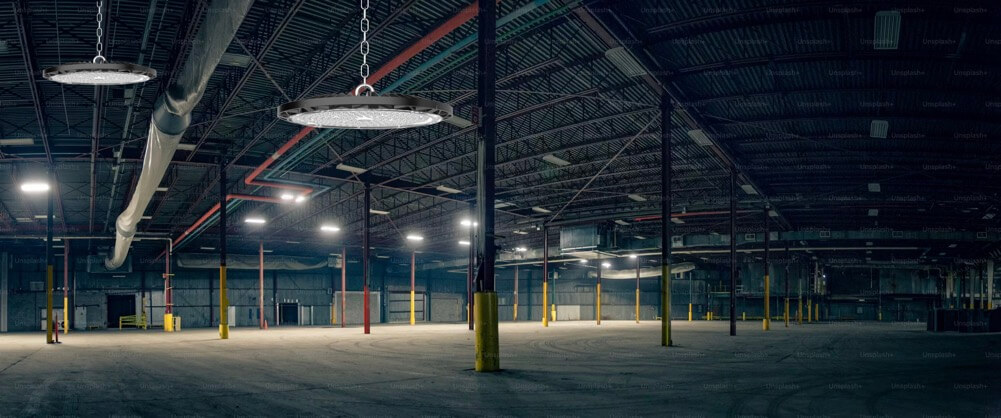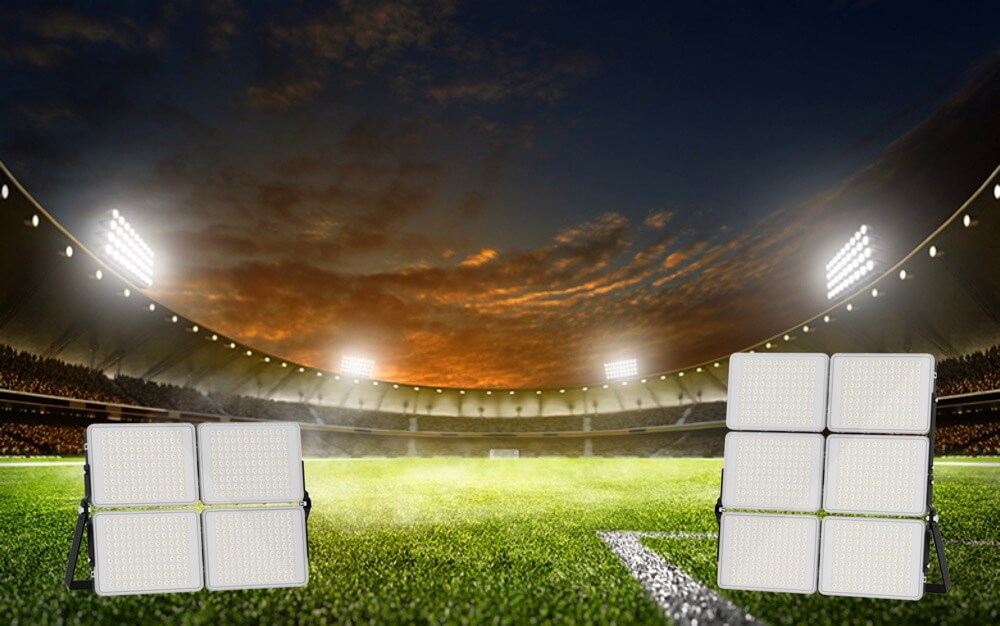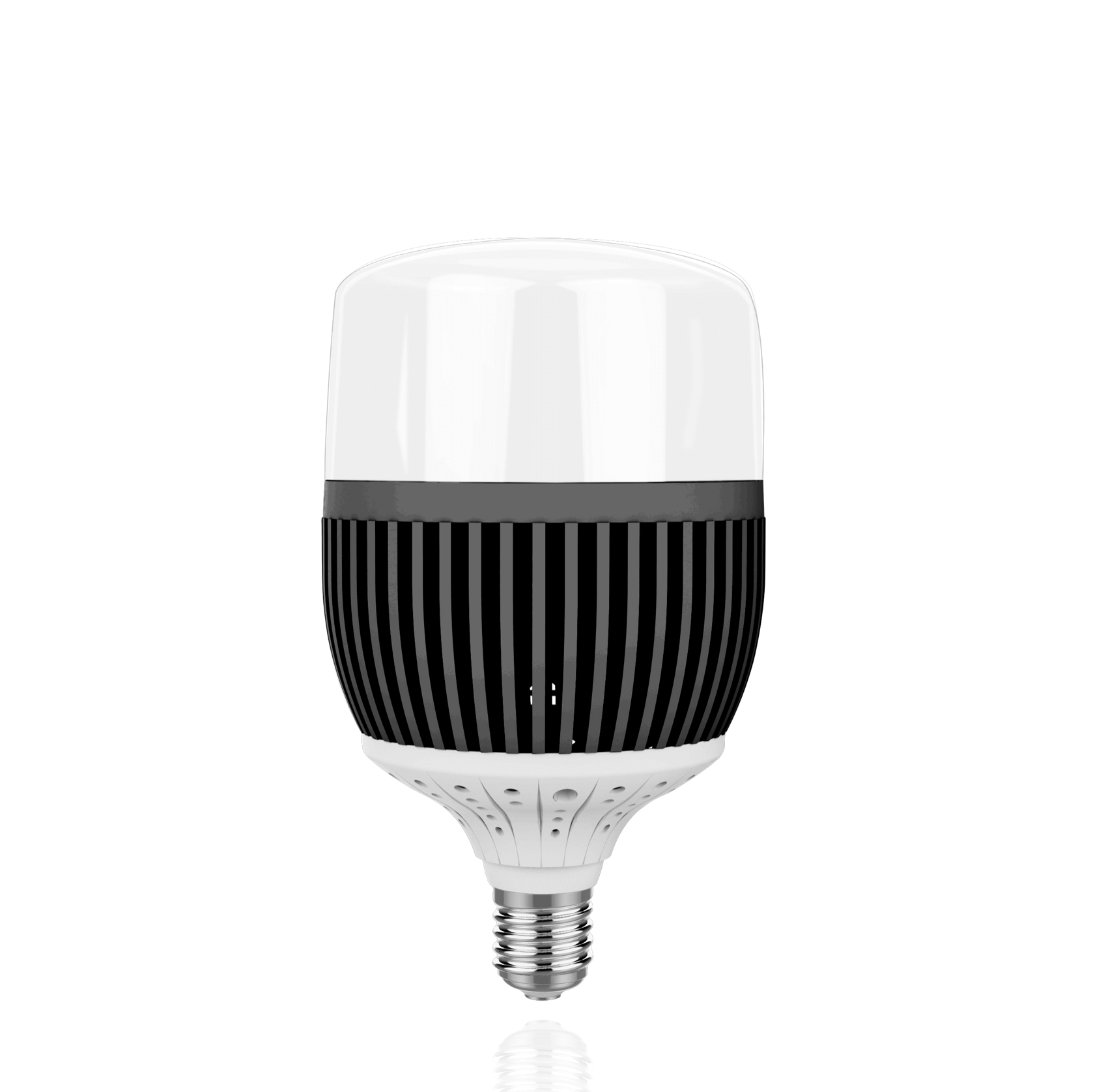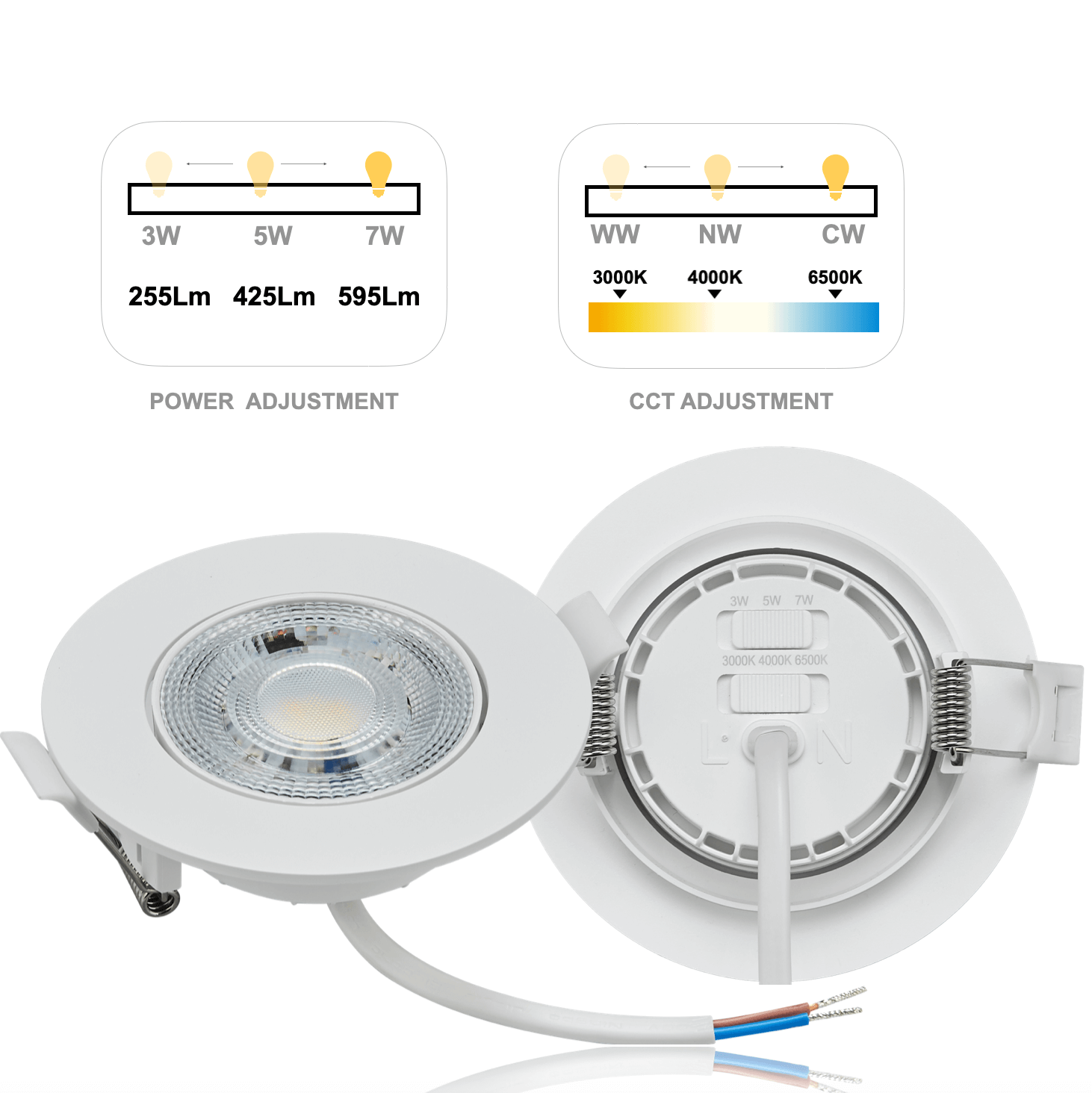Lighting solutions can make or break your project’s success, whether it’s for commercial, industrial, or outdoor applications. As businesses seek cost-effective and efficient lighting options, wholesale LED flood lights have emerged as a game-changing solution that combines performance with affordability. From energy efficiency and durability to significant cost savings and versatile applications, wholesale LED flood lights offer compelling advantages that deserve your attention. Let’s explore how these lighting solutions can transform your projects while maximizing your investment. Understanding the key aspects of wholesale LED flood lights will help you make informed decisions and achieve optimal results for your lighting needs. Wholesale LED flood lights provide superior illumination while reducing operational costs by up to 80% compared to traditional lighting systems.
What Makes LED Flood Lights Stand Out in Today’s Market?
As a lighting industry professional with over a decade of experience, I can tell you that LED flood lights have completely transformed how we illuminate large spaces. The wholesale market for these innovative fixtures has expanded dramatically, and for good reason.
The evolution of LED technology has ushered in an era of unprecedented lighting capabilities. Modern LED flood lights utilize advanced semiconductor technology that converts electrical energy directly into light with minimal heat generation, making them incredibly efficient.
What truly sets wholesale LED flood lights apart is their remarkable combination of durability and performance. These fixtures incorporate sophisticated thermal management systems that effectively dissipate heat, ensuring optimal operation even in challenging environmental conditions. The precision-engineered optics deliver focused illumination exactly where needed, eliminating waste and reducing light pollution.
LED flood lights offer up to 50,000 hours of operational life, significantly outperforming traditional lighting solutions.
Let’s examine the key advantages that make wholesale LED flood lights particularly attractive:
- Energy efficiency: Consume up to 75% less energy compared to traditional lighting
- Durability: Robust construction withstands various weather conditions
- Low maintenance: Minimal upkeep requirements save time and resources
- Color consistency: Maintains stable light output throughout operational life
- Instant illumination: No warm-up time needed for full brightness
| Feature | Benefit |
|---|---|
| Advanced thermal management | Extended lifespan & consistent performance |
| Precision optics | Reduced light pollution & better targeting |
| Smart compatibility | Integration with modern control systems |
The superior quality of wholesale LED flood lights becomes evident in their practical applications. These fixtures maintain consistent color temperature throughout their operational life, ensuring uniform illumination quality that enhances visibility and safety in various settings. Their precise beam control capabilities allow for customized lighting solutions that meet specific project requirements while minimizing light spillage.
How Can You Select the Right Wholesale LED Flood Light Supplier?
Having spent years guiding businesses through LED lighting procurement, I can tell you that selecting the right wholesale LED flood light supplier involves more than just comparing price points. The decision you make today will impact your project’s success for years to come.
Quality LED suppliers distinguish themselves through rigorous testing procedures and certification standards, ensuring their products meet or exceed industry requirements. In my experience, the most reliable suppliers maintain transparent quality control processes and openly share their testing methodologies.
Here are the critical factors I evaluate in potential suppliers:
- Manufacturing capabilities and facility certifications
- Quality control processes and testing protocols
- Product warranty terms and conditions
- Technical support and after-sales service
- Financial stability and market reputation
| Certification Type | Significance |
|---|---|
| ISO 9001 | Quality management systems |
| UL Certification | Safety standards compliance |
| DLC Listing | Performance and efficiency verification |
I’ve learned that suppliers who actively participate in industry associations and maintain updated certifications typically demonstrate stronger commitment to quality. They’re also more likely to stay current with technological advancements and regulatory requirements.
Working with certified suppliers can reduce product failure rates by up to 95% and ensure compliance with international safety standards.
A reliable supplier should provide detailed documentation of their quality control processes. Through my dealings with various manufacturers, I’ve found that those offering comprehensive technical support and customization options typically deliver better long-term value.
The supplier’s track record in handling warranty claims and providing after-sales support reveals much about their business ethics. Look for those who maintain detailed case studies and customer testimonials – they’re usually more invested in their clients’ success.
What Technical Specifications Matter Most for Your Project?
In my 15 years of specifying LED flood lights, I’ve learned that understanding technical specifications can make or break a lighting project. Let me guide you through the critical specs that truly matter for your application.
First and foremost, lumens output determines the actual brightness of your LED flood light, not watts as many might assume. For outdoor applications, I typically recommend looking at lumens per square foot coverage rather than raw lumen output.
- IP Rating: Determines weather resistance and durability
- Beam Angle: Affects light distribution pattern
- Color Temperature: Impacts visual comfort and application suitability
- Power Factor: Influences electrical efficiency
- Operating Temperature Range: Ensures reliability in your climate
| Application Type | Recommended Specifications |
|---|---|
| Outdoor Sports | IP65+, 5700K, 120° beam |
| Architectural | IP66, 3000K-4000K, 60° beam |
| Industrial | IP67, 5000K, 90° beam |
The IP rating system particularly fascinates me – it’s like a secret code that tells you exactly how tough your light is. The first digit indicates dust protection (0-6), while the second shows water resistance (0-8). I always get a chuckle out of explaining to clients that IP68 doesn’t mean their lights can become submarines!
High CRI ratings above 80 ensure accurate color representation and improved visibility in critical applications.
Power efficiency metrics deserve special attention. Look beyond the initial wattage rating to the luminous efficacy (lumens per watt). I’ve seen projects achieve remarkable results by prioritizing fixtures with efficacy ratings above 130 lm/W. The relationship between power consumption and light output isn’t always linear, so understanding these specifications helps optimize your investment.
These technical specifications work together to create the perfect lighting solution. For example, a flood light might have impressive lumen output, but without proper IP rating for your environment, you might find yourself replacing fixtures prematurely. Similarly, the right beam angle combined with appropriate mounting height ensures optimal coverage without wasted light.
Why Is Energy Efficiency a Game-Changer for Your Bottom Line?
As an energy efficiency consultant, I’ve watched countless businesses transform their bottom line through smart LED flood light investments. The numbers tell a compelling story that goes beyond simple illumination.
Let me share something that amazes my clients: LED flood lights don’t just save energy – they revolutionize your entire operational cost structure. The superior efficiency of LED technology translates directly into substantial monthly savings.
- Immediate reduction in electricity consumption
- Lower HVAC costs due to reduced heat output
- Minimal maintenance requirements
- Extended replacement cycles
- Potential utility rebates and incentives
| Cost Factor | Annual Savings Potential |
|---|---|
| Energy Consumption | 60-80% reduction |
| Maintenance Labor | 75% reduction |
| Replacement Frequency | 5x less frequent |
I love showing my clients their potential ROI calculations. The initial investment in LED flood lights typically pays for itself through energy savings alone within 12-24 months. Factor in reduced maintenance costs, and the financial benefits become even more attractive.
LED flood lights can reduce energy consumption by up to 80% compared to traditional lighting systems.
The magic lies in the technology’s efficiency at converting electricity into light. Traditional lighting wastes significant energy as heat – I often joke with clients that their old lights are better at heating than lighting! Modern LED flood lights, by contrast, direct most of their energy into producing light, resulting in dramatically lower operating costs.
Let’s talk real numbers: A typical 400W metal halide flood light replaced with a 150W LED equivalent not only maintains the same light output but saves approximately $175 annually in energy costs alone. Multiply that across an entire facility, and you’ll see why I get excited about helping businesses make this switch.
How Do Installation and Maintenance Impact Your Long-term Costs?
As a lighting installation specialist with over a decade of hands-on experience, I can’t stress enough how proper installation and maintenance make or break your LED flood light investment. The difference between a properly and poorly installed system can mean thousands in long-term costs.
Professional installation ensures optimal performance and longevity of LED flood lights, starting with correct mounting angles and proper heat dissipation considerations.
- Correct wiring and voltage matching
- Proper thermal management setup
- Appropriate mounting height and angle
- Weather-sealing verification
- System compatibility checks
| Maintenance Task | Recommended Frequency |
|---|---|
| Visual Inspection | Quarterly |
| Cleaning | Semi-annually |
| Connection Check | Annually |
I’ve seen too many clients try to cut corners on installation, only to face higher costs down the road. Here’s a tip that always raises eyebrows: dust accumulation alone can reduce light output by up to 30% – something a regular maintenance schedule easily prevents.
Proper installation and maintenance can extend LED flood light lifespan by up to 25% beyond rated hours.
The maintenance schedule doesn’t need to be complicated. I recommend a simple quarterly inspection routine focusing on three key areas: physical condition, electrical connections, and performance verification. You’d be surprised how many issues we catch early through these basic checks.
One amusing aspect of my job involves explaining to clients why their DIY installation didn’t quite work out – like the time someone mounted flood lights upside down and wondered why they were collecting water! Professional installation might seem costly initially, but it’s far less expensive than replacing prematurely failed units.
Conclusions
Investing in wholesale LED flood lights represents a strategic decision that can significantly impact your operational efficiency and bottom line. By carefully considering supplier selection, technical specifications, and maintenance requirements, you can maximize the benefits of these advanced lighting solutions while achieving substantial cost savings over time.

